Even wealthy cities like Whistler need a food bank
“Whistler is just a dream, but you can’t get enough of it.”
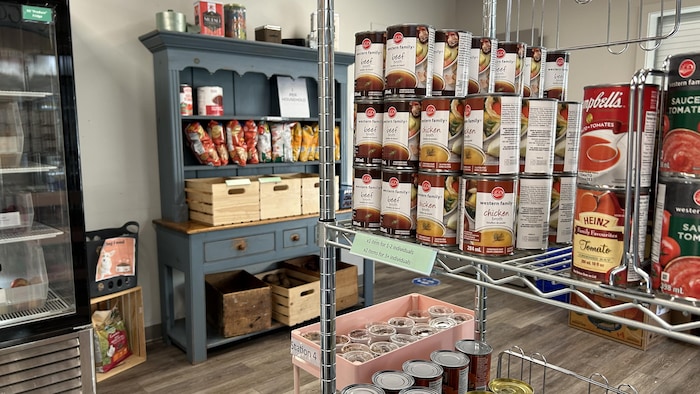
The town of Whistler, which is known for its luxury resorts and high-priced homes, is still required to offer a food bank service. Even though a lot of money is circulating there, more and more people are struggling to make ends meet.
Willy Cabrel arrived from Cameroon with his family a little over a year ago. He admires the beauties of Whistler and would like to enjoy them, but he cannot afford it. Whistler is just a dream, but you can’t get enough
, says the resident who works in the restaurant sector.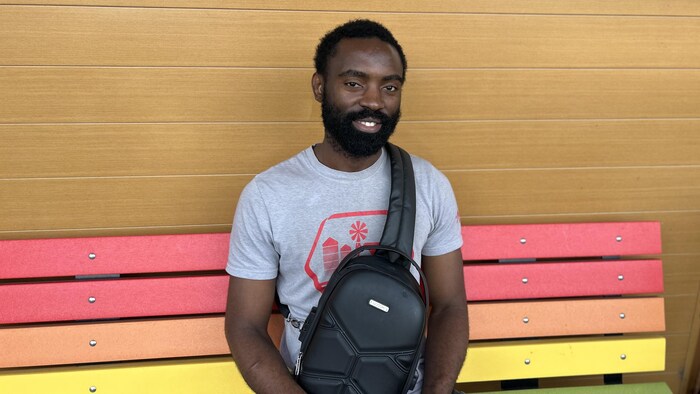
These financial problems end up weighing heavily on psychological health, and Willy counts himself lucky to be able to benefit from the food bank.
A growing need
How is it that in Whistler, where money flows freely, residents have to resort to the food bank? This is the question most often asked of the director of theWhistler Community Services Society (WCSS), which manages the food bank, Jackie Dickinson . Mountains don’t solve problems
, says the woman who has worked in the sector for more than a decade.
We sometimes allow ourselves to be locked into a perception of a community that is very far from reality.
Jackie Dickinson, Executive Director of WCSS
According to the organization Living Cost, the average cost of living in Whistler is $2,417 per month, which places it in the leader of the most expensive cities in the world, mainly because of the cost of housing.
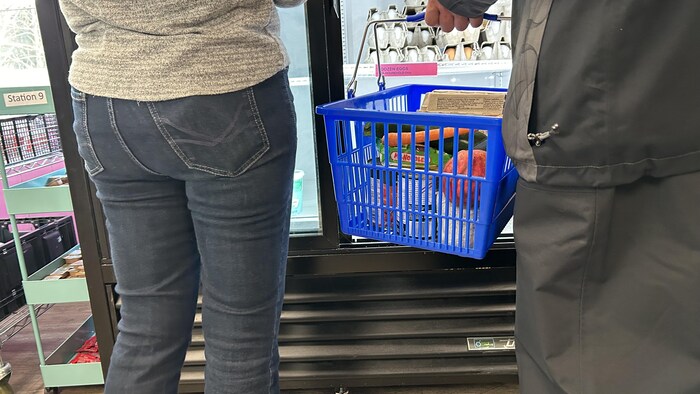
Who uses the food bank services? Hunger, at the moment, is not discriminatory
, notes its director, who adds that the majority of users live in housing-related insecurity . More than 60% of people who come spend more than 60% of their income on their accommodation
, she specifies.
Read also :
- Food banks: “I think we are not the only ones using these services”
- Food bank use in BC increased by 20% in one year
- Helping feed beyond food banks
Like at the market
Food distribution takes place on Monday, Wednesday and Friday, and is organized like a small market. Once registered, users take their grocery cart and move around the market
to pick up the food they are going to consume.
Acting Food Safety Program Supervisor Anna Stuckey-Weinberger leads a tour of the food bank. On one side, there is the warehouse with huge freezers, refrigerators and shelves full of food. Huge bags of oats and rice were separated into individual portions by volunteers.
Without volunteers, nothing would be possible
, explains Anna Stuckey-Weinberger. Around twenty of them come every week to check the quality of the food, sort the food and fill the shelves with food donated by local grocery stores and individuals. Others have the task of greeting people with a smile and a little chat to make sure they are okay.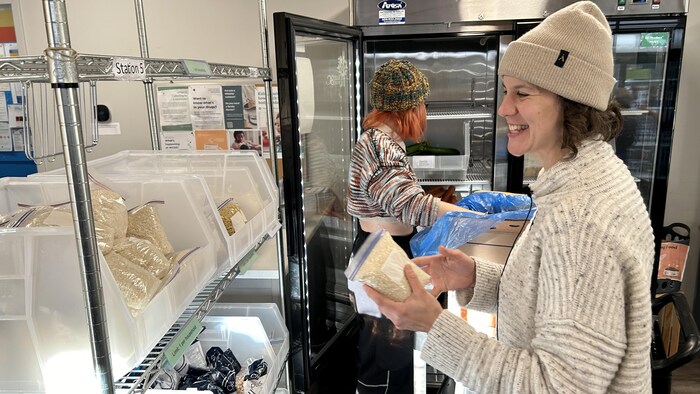
The entire team wants to ensure that the food collection is imbued with dignity and kindness.
This attention was noticed and appreciated from the first visit of Willy and his family. When you go down with your family, you really become like a star. You feel at home
, he said, keeping a smile despite the challenges. This is what gives everyone the strength to not always want to complain, but to be able to endure.
The solution is compassion
Willy Cabrel, like director Jackie Dickinson, believes that the solution to the food security problem begins with housing assistance. Mr. Cabrel also believes that those who have work permits linked to an employer should be able to find another job to make ends meet.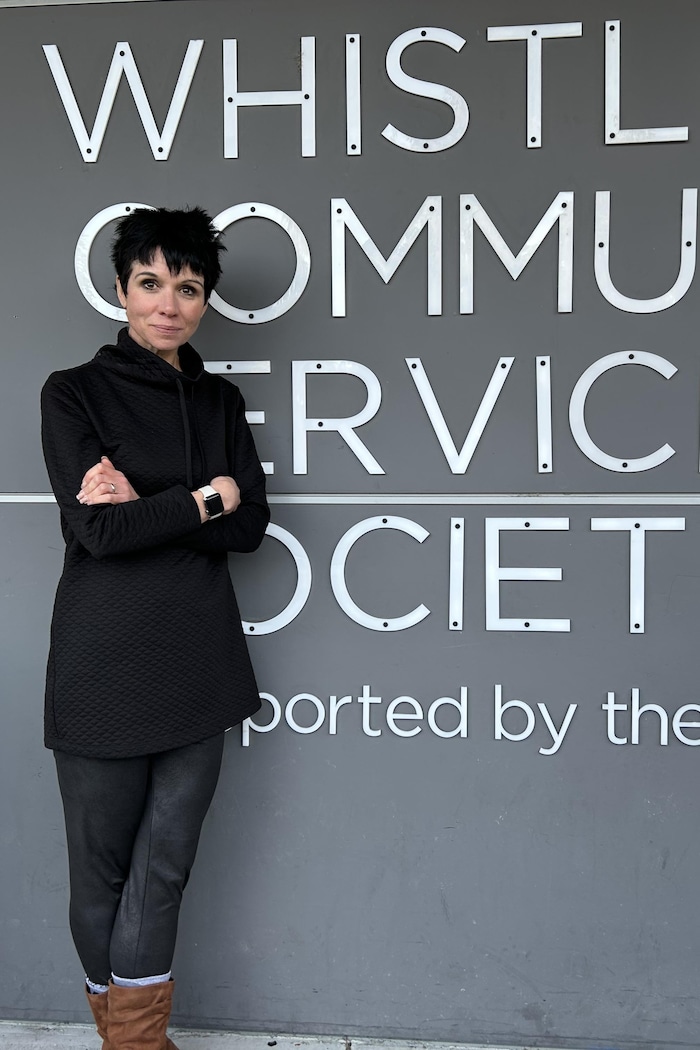
The director of the Whistler Community Services Society, Jackie Dickinson, appeals for compassion.
The solution, the magic wand, is compassion
, adds Jackie Dickinson. She believes that society needs to stop thinking that there are two defined camps: those who give and those who receive. Between these two camps, we must choose, according to her.
She would like there to be more reciprocity between those who are in need and those who can help financially, because everyone can learn things from others and the line between the two is much thinner than one might think.
I’m always moved to meet people who tell me: “Last year, I was a donor and this year, I’m in your line and I’m getting help.” ;
she concluded.

